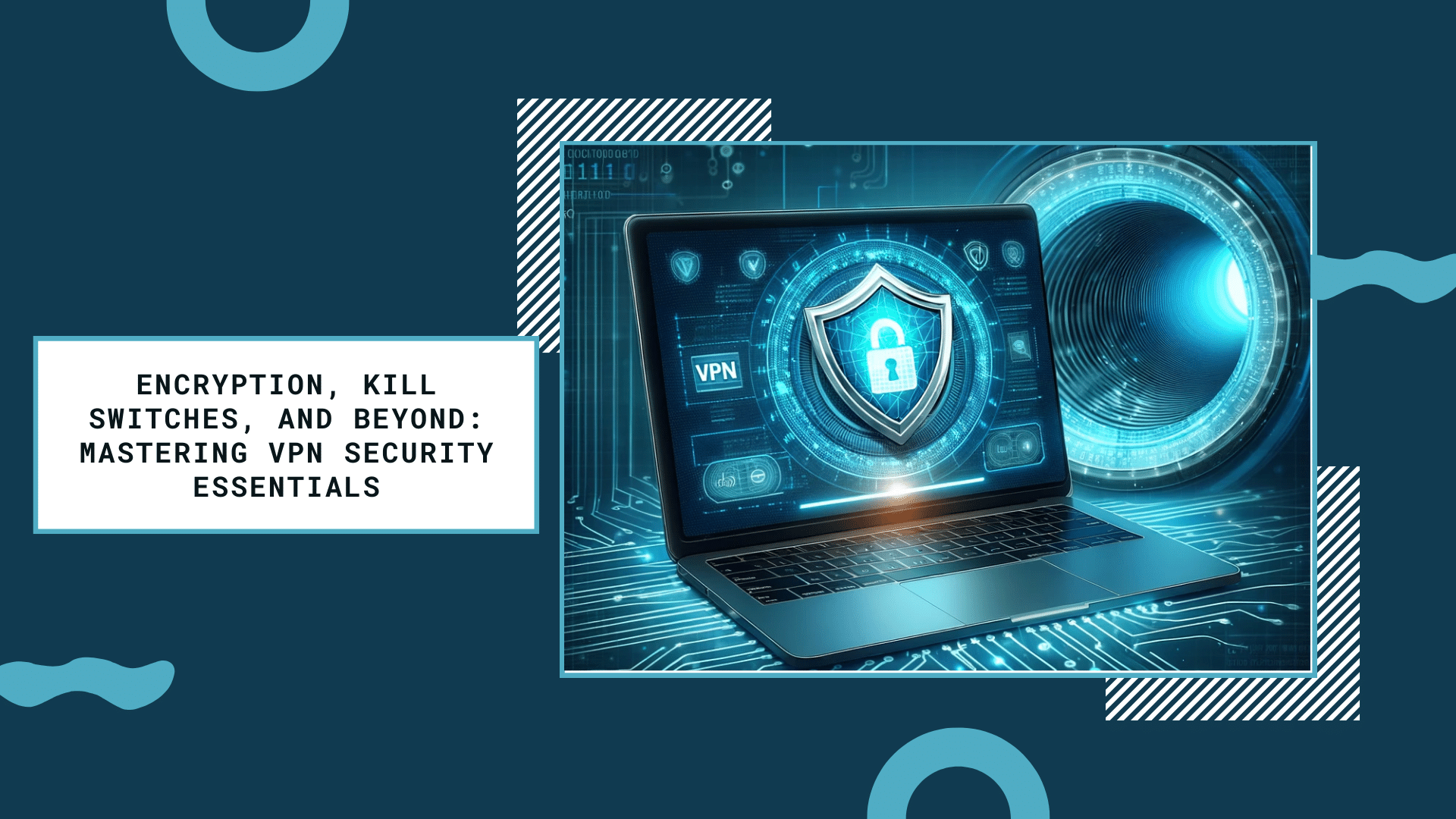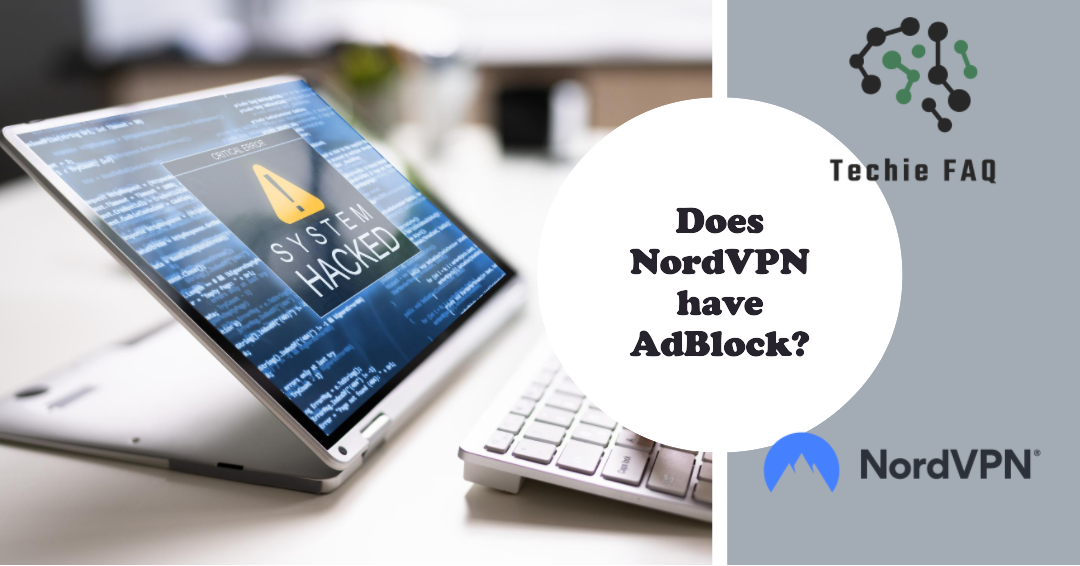| Key Point | Description |
|---|---|
| IPv6 Leak Risks | Explains the risks associated with IPv6 leaks and their impact on VPN users. |
| VPNs with IPv6 Support | Lists VPNs that offer IPv6 support and how they protect against leaks. |
| Preventing IPv6 Leaks | Strategies to prevent IPv6 leaks, including VPN settings and system configurations. |
| Importance of IPv6 Leak Protection | Discusses why IPv6 leak protection is crucial for maintaining privacy and security online. |
| Future of IPv6 and VPNs | Explores the future trends in VPN technology regarding IPv6 adoption and protection. |
Understanding IPv6 Leaks and Their Impact on VPN Users
In the realm of online privacy, Virtual Private Networks (VPNs) are essential tools for securing internet traffic and masking IP addresses. A VPN encrypts your internet traffic, ensuring that your online activities remain private.
However, even with a VPN, your privacy can be compromised through IPv6 leaks. This article explores the significance of IPv6 leak protection in VPNs, offering insights into how you can safeguard your online presence effectively.
The Risks Associated with IPv6 Leaks
IPv6 (Internet Protocol Version 6) is the most recent version of the Internet Protocol (IP), which provides an identification and location system for computers on networks and routes traffic across the Internet.
While the transition from IPv4 to IPv6 is ongoing, many devices and networks still primarily use IPv4. This dual-stack environment can lead to IPv6 leaks, where your device might bypass the VPN tunnel and expose your real IP address, even when connected to a VPN.
VPN Solutions for IPv6 Leak Protection
Not all VPNs are created equal when it comes to IPv6 leak protection. Some VPNs, recognizing the potential for leaks, choose to block IPv6 traffic entirely, ensuring that only IPv4 connections are possible.
This approach, while effective, can be seen as a workaround rather than a solution. A more comprehensive approach involves VPNs that offer full IPv6 support, ensuring that both IPv4 and IPv6 traffic is securely routed through the VPN tunnel.
Strategies to Prevent IPv6 Leaks
To mitigate the risk of IPv6 leaks, there are several strategies you can employ:
- Use a VPN with robust IPv6 leak protection: Selecting a VPN that offers dedicated IPv6 leak protection is crucial. These VPNs either provide full IPv6 support or have measures in place to block IPv6 traffic effectively
- Disable IPv6 on your device: As a preventive measure, you can disable IPv6 on your device. This ensures that your device does not make IPv6 connections, thus preventing potential leaks.
- Regularly test for IP leaks: Regularly testing your VPN connection for IP leaks is a good practice. This helps you ensure that your real IP address is not being exposed while you are connected to the VPN.
Why IPv6 Leak Protection Matters
IPv6 leak protection is not just about maintaining anonymity; it’s about safeguarding your overall online security. An exposed IP address can lead to targeted attacks, unwarranted surveillance, and a breach of privacy. Hence, ensuring your VPN provides adequate protection against IPv6 leaks is as crucial as any other security feature.
Future Trends in VPN Technology and IPv6
As the internet continues to evolve, the adoption of IPv6 is expected to increase. This shift will have significant implications for VPN technologies and their ability to provide robust leak protection. Understanding these trends is vital for anyone concerned with maintaining their online privacy and security.
VPNs Adapting to IPv6
The transition to IPv6 is inevitable as the number of devices connected to the internet surpasses the addressing capacity of IPv4. VPN providers are adapting to this change by developing solutions that can handle IPv6 traffic securely.
This includes enhancing their infrastructure to support IPv6 addresses and implementing advanced leak protection features. The future of VPN technology lies in its ability to seamlessly integrate IPv6, ensuring uninterrupted and secure internet access.
Importance of IPv6 in VPNs
IPv6 brings several advantages over IPv4, including a vast address space, improved efficiency, and enhanced security features. For VPN users, the primary concern is the seamless transition between IPv4 and IPv6 without compromising security.
VPNs that can effectively handle both protocols will be crucial for users who want to stay ahead of the curve in terms of online security and privacy.
Selecting the Right VPN for Future-Proof Security
When choosing a VPN, it’s essential to consider how well it’s equipped to handle the future challenges of IPv6. Users should look for VPNs that offer:
- Full IPv6 Support: A VPN that supports IPv6 ensures that your online activities are protected regardless of the IP version your device is using.
- IPv6 Leak Protection: This feature is crucial to prevent your real IP address from being exposed while using IPv6.
- Regular Updates and Maintenance: A VPN that regularly updates its software and infrastructure is more likely to stay on top of emerging security threats, including those related to IPv6.
Concluding Thoughts
VPNs and IPv6 leak protection are intertwined components of modern online security. As we progress further into an IPv6-dominated internet, the importance of using a VPN capable of handling these changes cannot be overstated. By choosing a VPN that offers robust IPv6 support and leak protection, you can ensure that your online privacy and security are safeguarded against future challenges.





